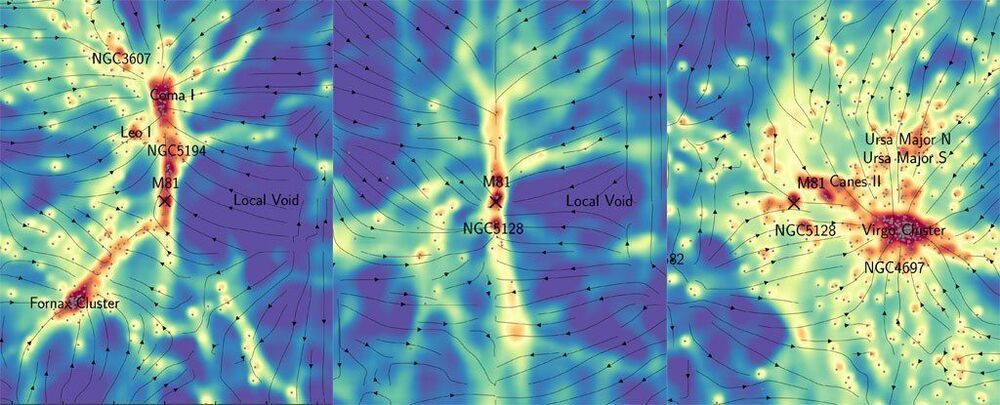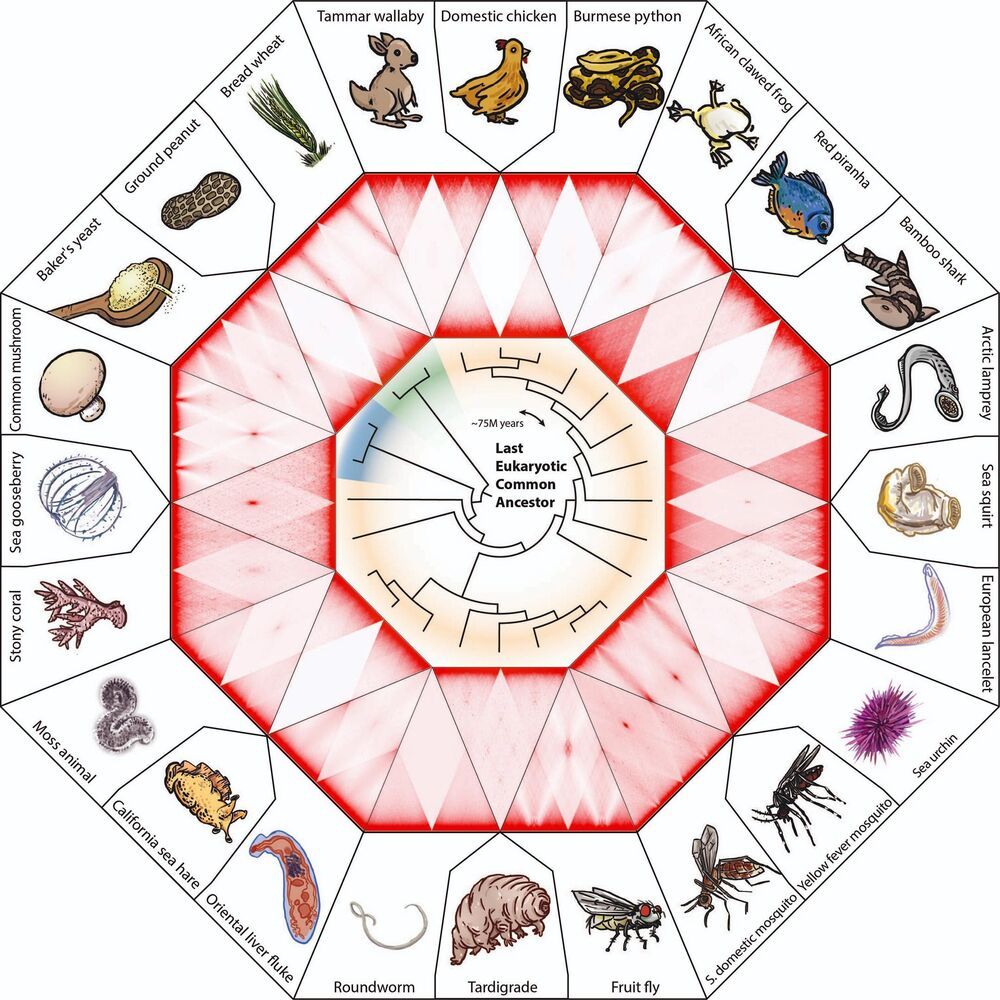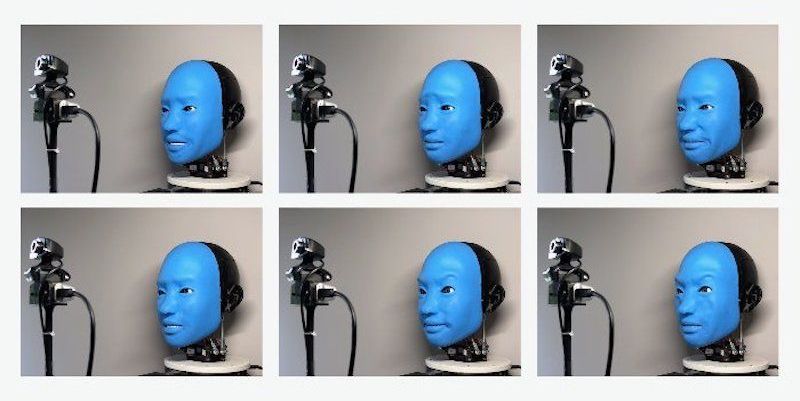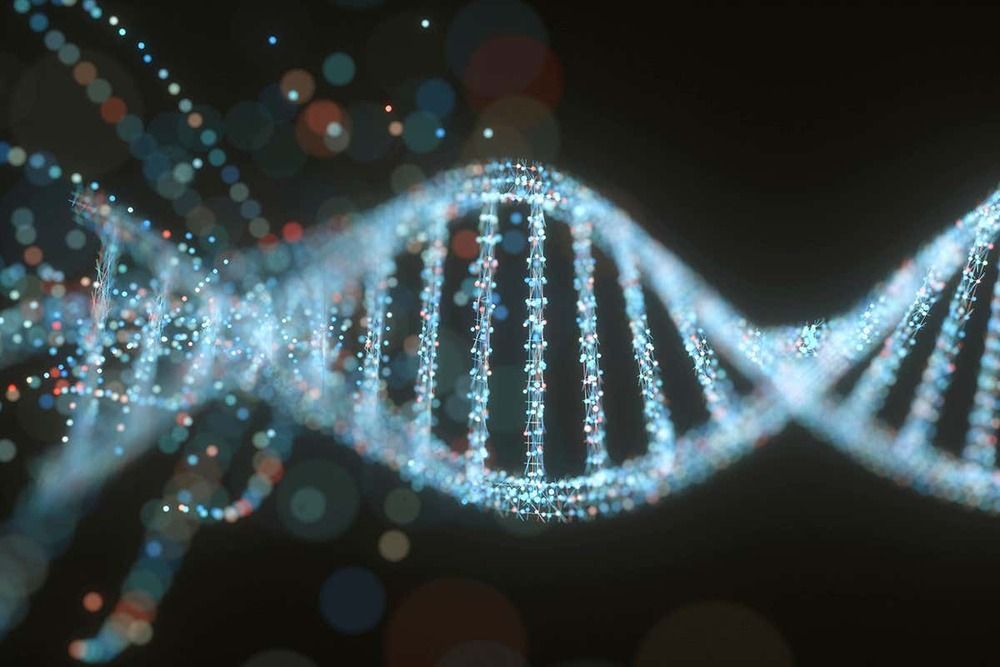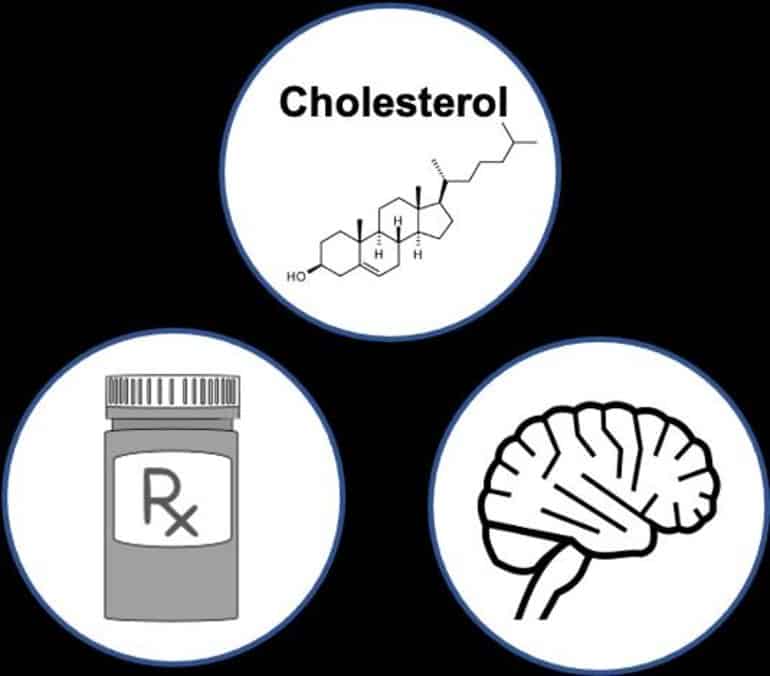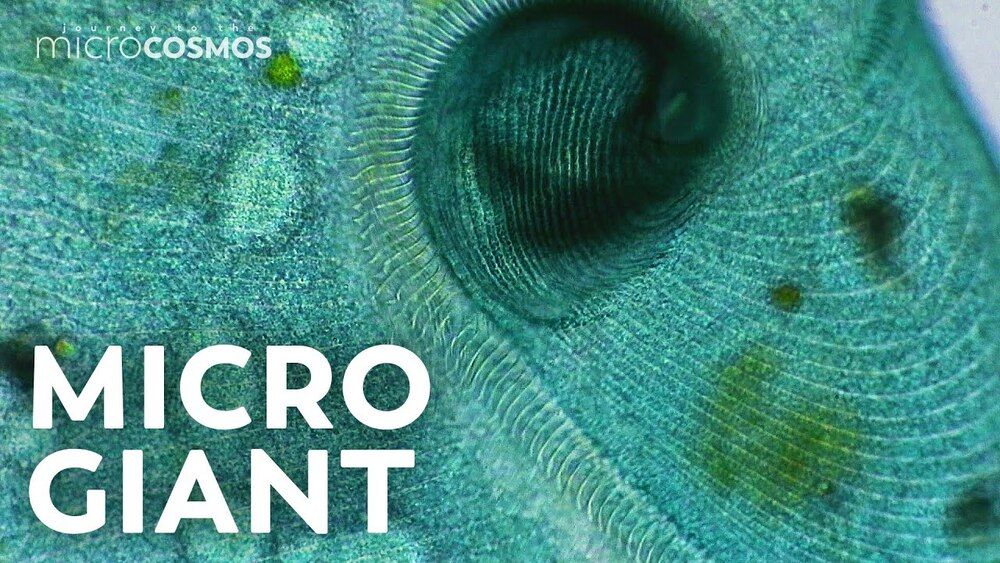May 29, 2021
New Dark Matter Map Shows The Bridges Between The Milky Way And Nearby Galaxies
Posted by Quinn Sena in categories: cosmology, robotics/AI
A new map of dark matter made using artificial intelligence reveals hidden filaments of the invisible stuff bridging galaxies.
The map focuses on the local universe — the neighborhood surrounding the Milky Way. Despite being close by, the local universe is difficult to map because it’s chock full of complex structures made of visible matter, said Donghui Jeong, an astrophysicist at Pennsylvania State University and the lead author of the new research.
“We have to reverse engineer to know where dark matter is by looking at galaxies,” Jeong told Live Science.
